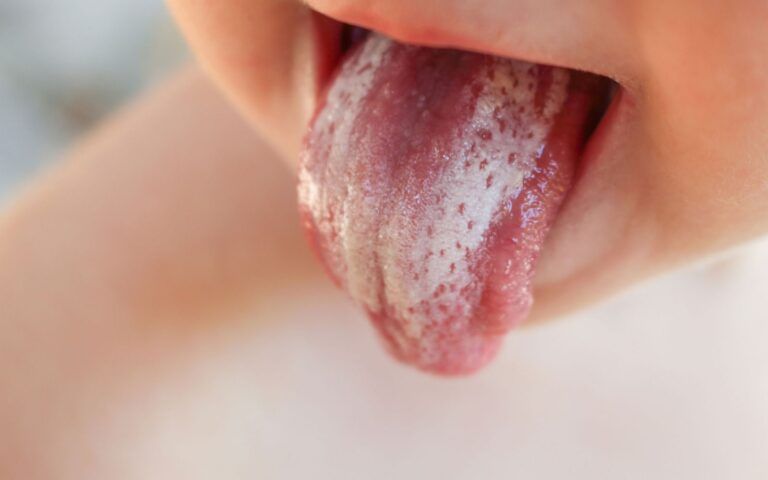Oral thrush is an infection that builds up on the mouth’s lining and causes the disease known as oral thrush. In your mouth, candida is a typical organism, but occasionally it can overgrow and create symptoms. Creamy white lesions, typically on the tongue or inner cheeks, are a symptom of oral thrush. Sometimes, tonsils, gums, and the back of the throat can become infected with oral thrush.
Causes, symptoms, and treatment of oral thrush
Although oral thrush can affect anybody, infants and elderly people are likelier to have it, and in other persons with weakened immune systems, specific medical problems, or those taking particular drugs. Oral thrush is a minor issue if your immune system is strong, but if your immune system is weak, symptoms may be severe and hard to manage. You might not even first experience oral thrush symptoms. Some warning signs and symptoms include:
- white lesions on your tongue, inner cheeks,
- cottage cheese-like blemishes that are slightly elevated
- Redness, burning, or pain that may be so bad that it interferes with swallowing
- Scratching the lesions may cause some slight bleeding.
- Your mouth’s edges may crackle and get red.
- mouth feeling like cotton
- loss of flavor
- Pain, redness, and irritation beneath false teeth
In severe cases, your esophagus may become infected with lesions mainly caused by cancer or an immune system compromised by HIV/AIDS (Candida esophagitis). This causes sore throats, trouble swallowing, or the sensation that food is becoming trapped there. With recognizable white mouth sores, newborns may also have eating issues or become restless and agitated. During breastfeeding, they might infect their moms and spread the disease. The infection can then spread from the baby’s mouth to the mother’s breasts.
Your immune system typically fends off dangerous invaders like viruses, bacteria, and fungus while preserving a balance between “good” and “bad” germs that typically live in your body. But occasionally, these defenses break down, leading to an increase in candida fungus and the development of an oral thrush infection. Candida albicans is the most prevalent kind of candida fungus. Your chance of developing oral thrush might be raised by several circumstances, including a compromised immune system.
Thrush can be more dangerous for people with compromised immune systems, such as cancer treatment or HIV/AIDS. Oral thrush left untreated might develop into more dangerous systemic candida infections. Thrush can spread to your esophagus or other organs if your immune system is compromised.
Treating Oral Thrush Before it Leads to Worse Infections With McCartney Dental.
Call McCartney Dental at (941) 423-4334 to schedule an appointment right once if you or your kid develops white lesions within the mouth. Severe infections can result from oral thrush. Whether you see thrush in an older child, adolescent, or adult who is otherwise healthy, contact us immediately to see whether further testing is necessary to rule out a medical problem or other possible causes. Your immune system typically fends off dangerous invaders like viruses, bacteria, and fungus while preserving a balance between “good” and “bad” germs that typically live in your body.


